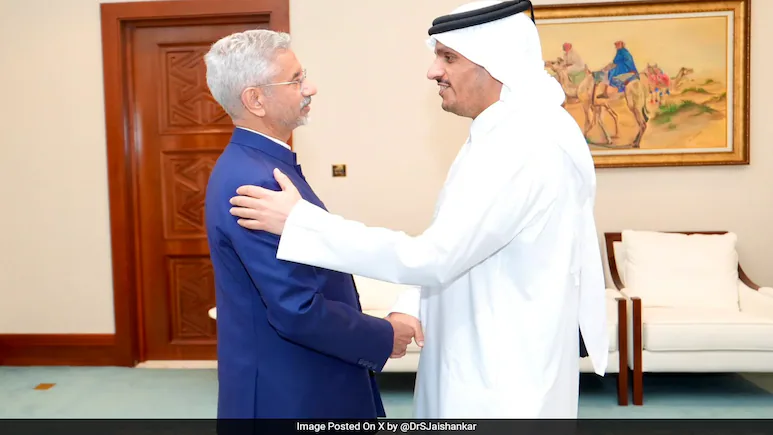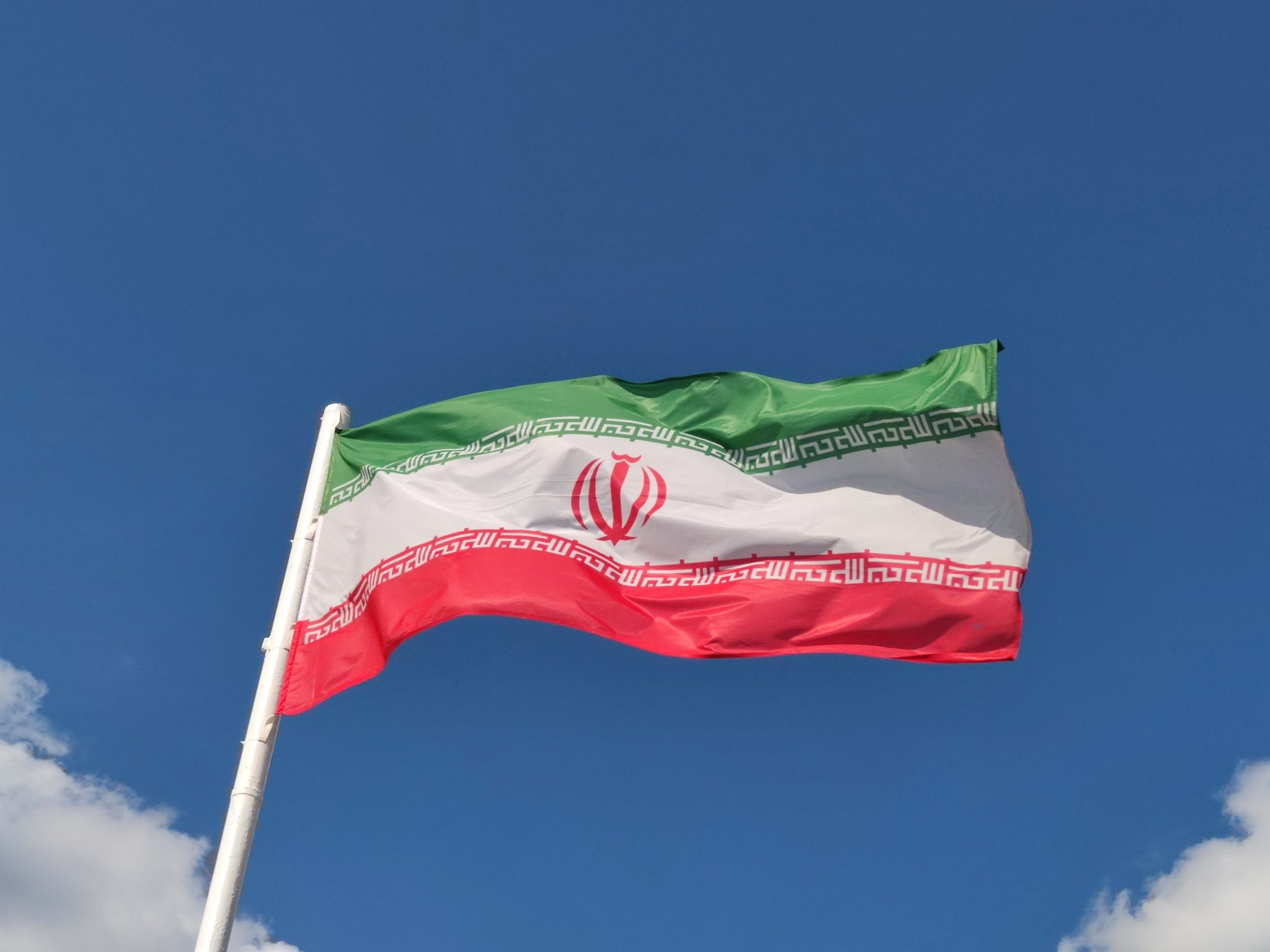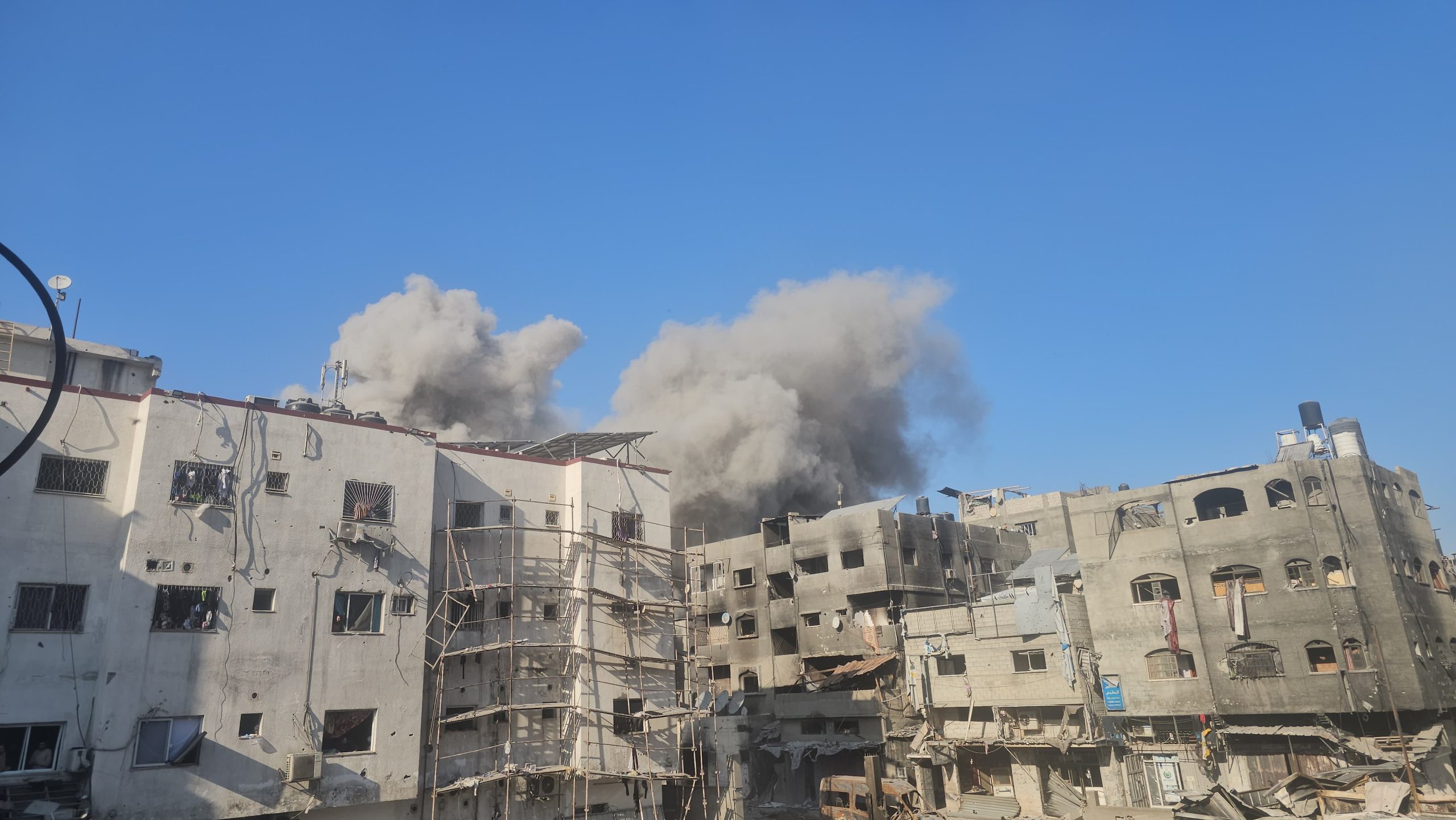Describing EAA’s footprint in Asia as profound and inclusive, Al Sulaiti stressed the projects’ role in achieving a paradigm shift towards education and sustainable development goals.
Over 7,441,256 beneficiaries across Asian countries have benefitted from joint Education Above All (EAA) and Qatar Fund for Development (QFFD) ventures in providing quality education.
The CEO of Education Above All Foundation (EAA) Fahd bin Hamad Al Sulaiti announced a series of projects supported by the QFFD, alongside other global partners.
EAA’s mission is fixated on enhancing access to education for marginalised groups and out-of-school children, with operations spanning 33 projects in 21 Asian countries, Al Sulaiti detailed in an interview with Qatar News Agency.
Nepal stands as a testament to the success of QFFD initiatives, with 13 projects spanning across the South Asian country.
The establishment and refurbishment of 105 schools have had a profound impact, offering educational opportunities to 188,554 children from primary education.
Meanwhile, in the Philippines, the ‘Reach Mindanao’ project spearheaded by QFFD has empowered young individuals to complete secondary education and attain self-sufficiency.
Al Sulaiti highlighted the project’s role in advancing local peace efforts, benefitting 5,296 people and fostering community development.
Turning to Bangladesh, QFFD’s support through 12 projects has targeted out-of-school children, refugees, and displaced persons, with a goal of enrolling 974,700 youngsters.
The initiatives have already impacted nearly one million individuals, highlighting their significant contribution to educational accessibility.
Describing EAA’s footprint in Asia as profound and inclusive, Al Sulaiti stressed the projects’ role in achieving a paradigm shift towards education and sustainable development goals.
He applauded the initiatives for reaching beyond educational provision, citing their impact on stability, economic development, and community cohesion.
In Nepal, the construction of new schools and infrastructure improvements have revolutionised education, offering thousands of children access to quality learning opportunities.
Similarly, in Bangladesh, primary education provision has been boosted, significantly enhancing quality of life.
Al Sulaiti added that the role of these initiatives underpins the drive for peace promotion and local development, empowering youth, and encouraging active engagement in development efforts.







